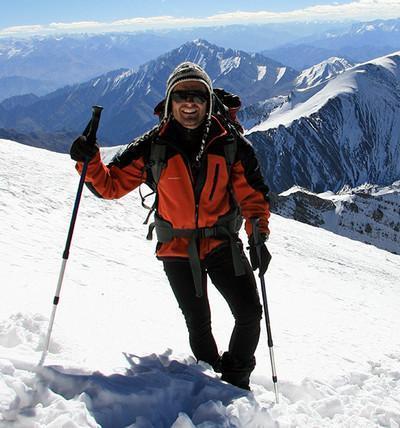Learning Without Walls
The school bell rings, but learning doesn’t stop there. In today’s connected world, books and ideas travel far beyond classroom walls. Traditional education has its rhythm, but students and lifelong learners often march to the beat of their own curiosity. That’s where e-libraries step in. They offer freedom, flexibility, and access without the need for shelves or silence signs.
As the pace of knowledge quickens, many readers turn to Z-library to explore a broader range of books. This shift isn’t just about convenience—it reflects a deeper change in how people gather and share knowledge.
With a few clicks, someone in a small town can access the same materials as someone at a top university. That kind of open access breaks barriers in ways brick-and-mortar schools rarely can.
Tools for Independent Thinkers
Learning outside the classroom is less about lectures and more about exploration. E-libraries serve this new path by giving access to countless books, research papers, and niche topics that aren’t always covered in school. Learners choose their own pace and path, which leads to stronger personal engagement.
It’s not just about students either. Teachers, researchers, and hobbyists use e-libraries to supplement or even replace old-fashioned research methods. The materials are available around the clock and often include multilingual resources that widen perspectives. For those navigating gatekept or regional content access guides, like https://www.reddit.com/r/zlibrary/wiki/index/access/ can be helpful.
New Habits and Hidden Benefits

Not everyone reads to prepare for an exam. Some read to understand the world better. Some read to escape it. E-libraries create space for both. By removing physical limits, they let people discover new subjects without the pressure of returning books or worrying about overdue fees. This helps build consistent habits and deeper interests over time. At the heart of this shift is autonomy. Readers who shape their own learning tend to stick with it longer. It’s like learning to ride a bike without training wheels—harder at first but more rewarding in the long run. The open-ended nature of e-libraries supports that model beautifully.
A few practical changes are helping this movement grow:
-
Access is Immediate
No waiting lines, no opening hours. With e-libraries, books arrive in seconds and stay as long as needed. This means spontaneous learning moments aren’t lost—they’re captured and pursued right away. It also reduces reliance on local resources, which can vary in quality or availability.
-
Selection is Massive
Physical libraries curate carefully, but they also have limits. E-libraries don’t. Their catalogs grow faster and broader, offering rare titles, translations, and independently published work. This empowers readers to compare perspectives and build knowledge in layers.
-
Mobility is a Given
Books no longer weigh down backpacks. They travel in phones, tablets, and laptops ready at any moment. For students with long commutes or unpredictable schedules, this kind of portability makes consistent reading possible where it wasn’t before.
These shifts are already changing how people view education. Many are beginning to see learning as something fluid—not tied to a schedule or diploma.
More Than Just Reading
E-libraries aren’t just collections of text. They’re ecosystems for thinking. Some include built-in tools to take notes, highlight ideas, or track progress. Others link books to discussion forums, study guides, or author interviews. These extras turn solitary reading into active thinking and community building.
The classroom may still play its part but the future belongs to hybrid models—ones that respect the structure of school while celebrating the freedom of self-learning. Books aren’t just passing hands anymore. They’re passing borders.
ABOUT THE AUTHOR
Aleksandra Djurdjevic
Senior Content Creator
Aleksandra Djurdjevic is a senior writer and editor, covering snowboarding, skiing and trends in outdoor winter activities. She has previously worked as ESL teacher for English Tochka. Aleksandra graduated from the Comparative Literature department at the Faculty of Philosophy in Serbia. Aleksandra’s love for the mountains, getting out in the snow on her board, season after season, seeking wild snow adventures across the globe helps her continue to be a top expert at CSG.






